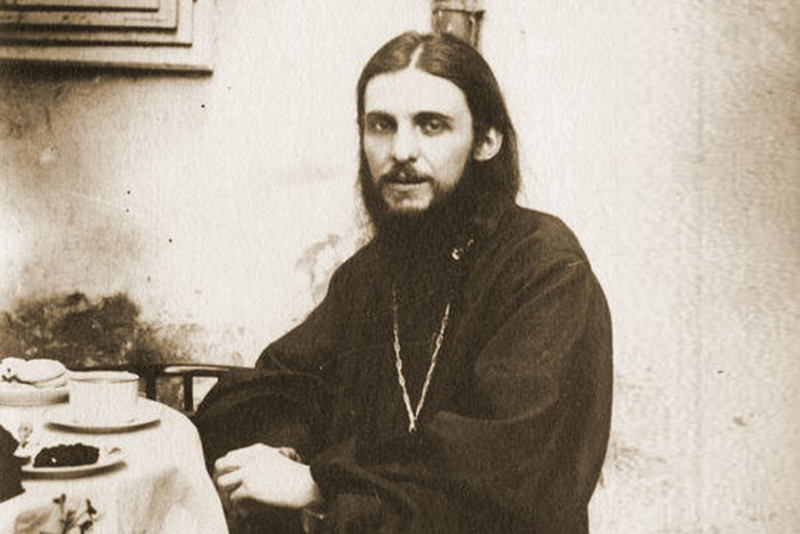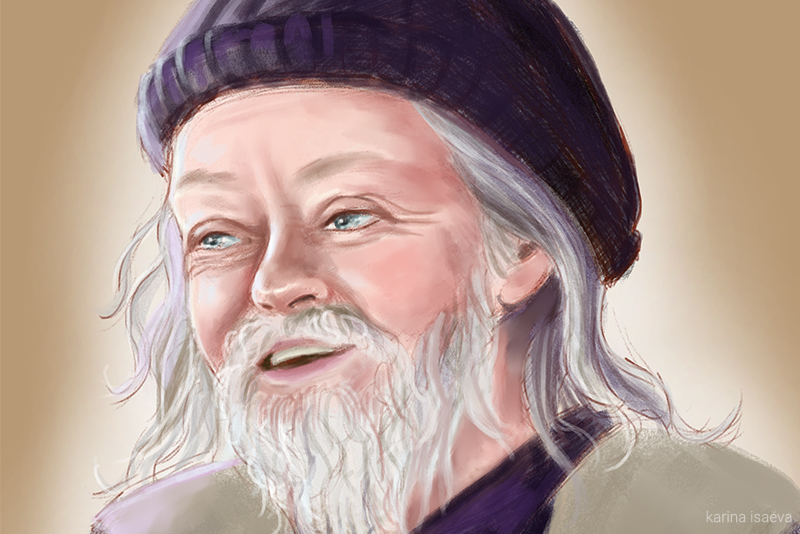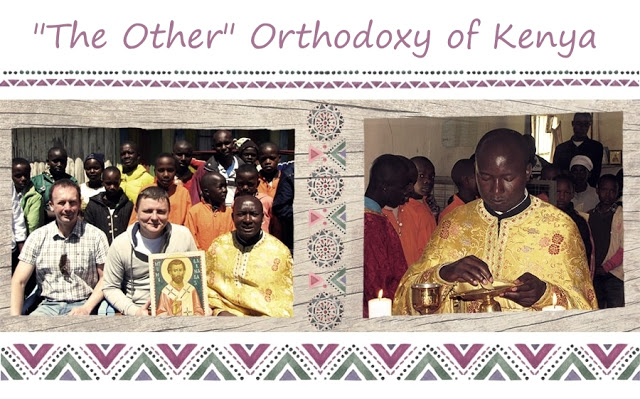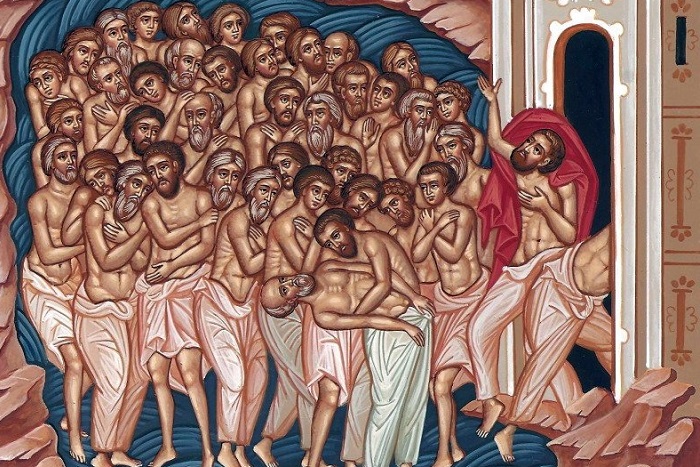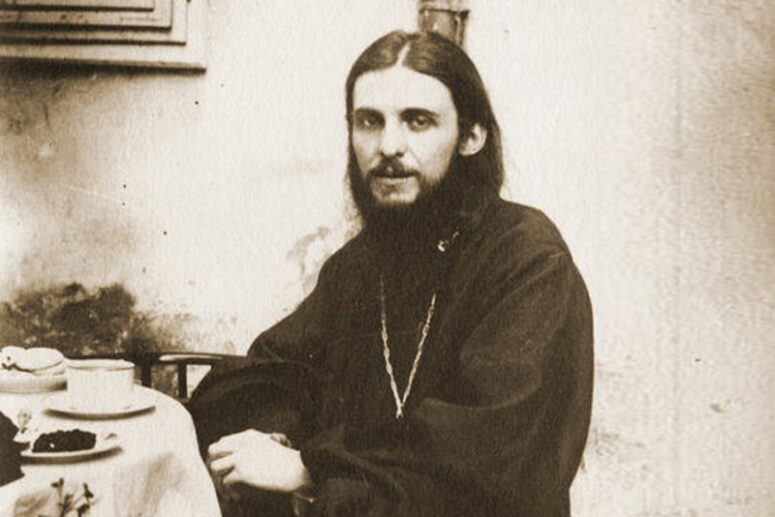
In the life of Archbishop John there were many serious changes related to material prosperity. Born into a wealthy princely family, he was deprived of all property by the Bolsheviks. During the years of the civil war, he fought for the White army as a simple volunteer fighter. After the end of the war, he was forced to emigrate. He was educated in exile and landed a good job, but after a couple of years he left everything for the sake of monasticism. Read our article to learn about Vladyka’s thoughts on poverty, wealth and property.
Poverty and Wealth
According to Abp. John, it is not material well-being or its absence that is harmful and dangerous, but a person’s attitude towards it. Elevation of the soul is possible for both the rich and the poor. Obstacles arise on this path in both cases. These obstacles are different in essence, but equally dangerous to the soul.
A poor man, tormented by his envy of the rich, suffers from the lust of wealth. This is not the blessed evangelical poverty, but its complete opposite. A person who puts material well-being above human dignity, is poisoned by his wealth, however great it may be.
A wealthy person should perceive himself not as the owner, but as a manager (see Luke 16:1) of his possession. Any wealth acquired by a person belongs to God and is only entrusted to this person for temporary use.
A positive or negative moral assessment of wealth or poverty as such is impossible in Christianity. There is, however, an unequivocal evil, possibly resulting from both of these conditions of life: the desire to arrange it purely around material well-being.
Christians, regardless of their wealth, should strive for only one thing, i. e. the true liberation of spirit in Christ. It is important for those on guard against temptations not to allow the development of the vices of envy, stinginess, selfishness and greed.
According to Abp. John, the world is ultimately divided into three groups on the basis of material well-being: poor atheists, rich atheists and Christians. A poor atheist will grumble from poverty, a rich atheist will revel in prosperity and stop at nothing in multiplying it.
Both poor and rich Christians understand that they are equal in the eyes of eternity. This makes envy or neglect between them impossible. Worldly boundaries between wealth and poverty are erased and replaced by new boundaries of spiritual wealth.
Abp. John left us an aphoristic marker that determines whether a person thinks in a Christian way: “The poor can enrich the rich, and the rich can impoverish the poor.” A non-Christian will see here the exploitation of the poor by the rich. Considering the examples of saints, a Christian will understand that this phrase really points to the possibility of a poor person enriching a wealthy person spiritually, while a rich man who is poor in the moral sense can spiritually devastate a poor person.
Property
Abp. John compiled 19 statements in which he defines the philosophy of the Christian attitude to property. The following is a summary of their essence:
- A person can only possess something that belongs to God. The whole world is a possession of God. Only God is the source of any power.
- A person, unwilling to recognize the authority of God, is hiding from Him in the same way as Adam did. However, a modern person shelters himself behind concepts like “freedom,” “public and private property,” “economic laws,” and so on.
- Simplicity must be the basis of all complexity. Everything in life should be similar to a complex harmony of an orchestra composed of simple instruments, where the harmony is built of the spheres of human life, and the instruments are the laws of God.
- The world always has and always will belong to God , no matter what forces temporarily rule in it.
- A person is given a “talent”: a circle of physical life, as well as mental and physical abilities. He is called to develop it, rather than bury it in the ground.
- All earthly possessions are fleeting and full of sorrows (Job 14:1).
- A person has less property than he thinks. Often you will see a millionaire in thrall to his millions rather than in possession of them.
- A person has more property than he thinks. Every breath of air is a person’s property. It is much more important than money, because it directly supports his life.
- To enter into harmony with the world, one must recognize the power of God.
- A sober person understands that his “property” is a relative phenomenon.
- The fallen humanity is attached to transient values. It is unable to abandon this state, because there is always something that it prefers to God.
- Human life in its highest manifestation is life devoted to God.
- The order of temporal life is given to us as a ladder to eternity. Living on earth, it is worthwhile to learn to live in eternity.
- The material world is our primary point of support on the path to God.
- For a selfless person, the material world is an infinitely convenient opportunity for Salvation.
- Blessed is the possession based on the love of God.
- Eucharistic possession is everything for which people can thank God. Giving thanks to God for our life and for everything in it, we come to Salvation. Our thanksgiving to God reaches its zenith in the Eucharist.
- Property is a conductor of the love of God and love between people. However, people often make it a means of hatred.
- Man is called to possess land (Gen. 1: 28); a person must inherit land (Matt. 5: 5).
Archbishop John in his earthly life was familiar with both wealth and poverty. He lived in the Russian Empire, Soviet Russia, Serbia, France, Germany and the USA. In his life, he encountered completely different and sometimes polar cultures and ideologies. Due to this fact, his thoughts remain relevant in any society to this day.

